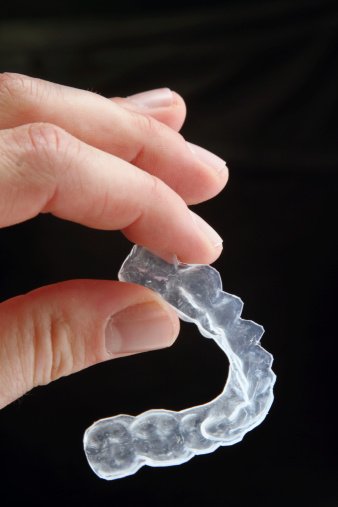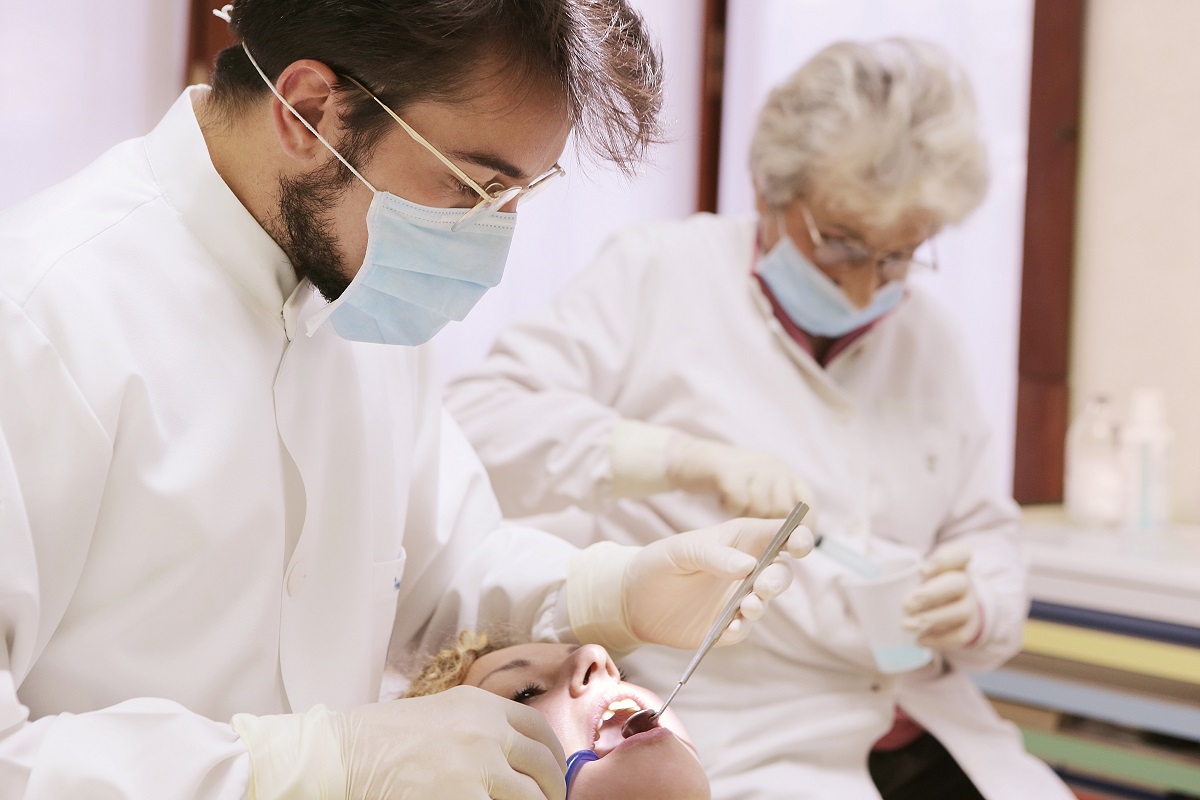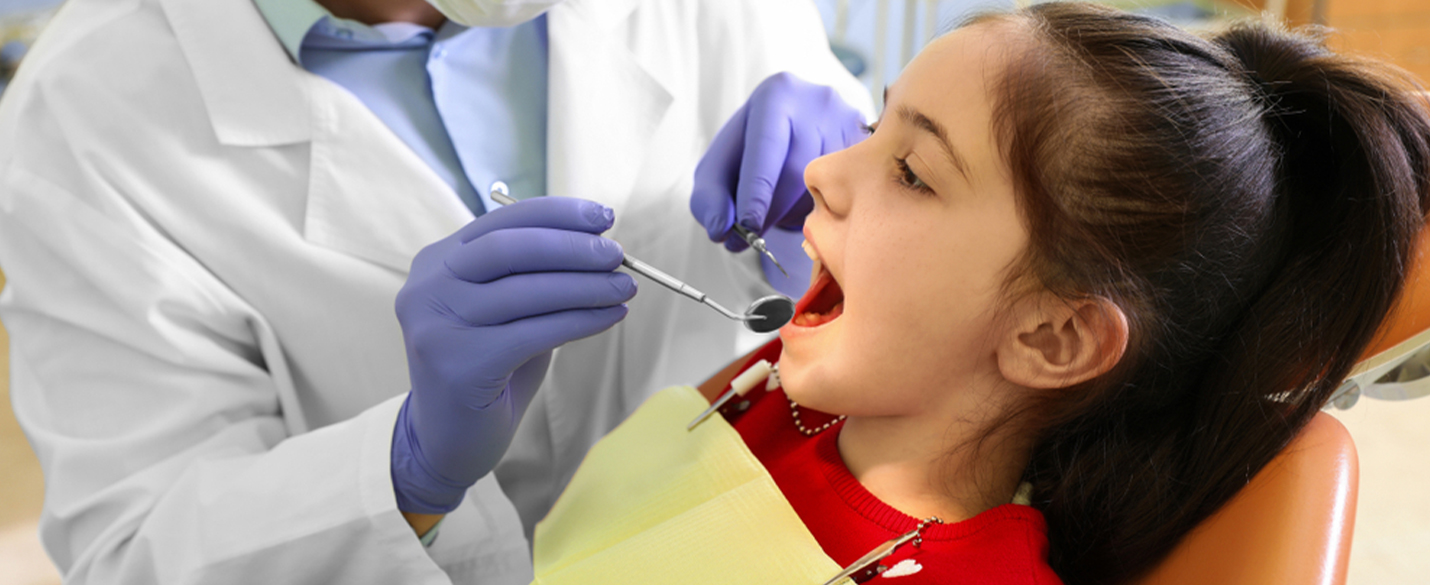You may have all of your permanent teeth by reaching high school, but this is not the case. The wisdom teeth, the last four back molars to erupt, only develop once you are almost an adult! Therefore, you may anticipate acquiring them between 17 and 21. Several Best Dentists in Edmonton are well known for their excellent work at very reasonable prices.
These rear molars vary somewhat from typical adult teeth. Why? Because wisdom teeth have the potential to cause severe discomfort and oral damage. If your dentist determines that your wisdom teeth are dangerous to the health or alignment of your other teeth, you must remove them.
What Are The Third Molars?
Wisdom teeth are the third and last molars that erupt, often in late adolescence or early adulthood. They emerge at the four corners of the back of your mouth, two on top and two on the bottom.
It is hypothesised that ancient people used their third molars to crush raw plant tissue and other complex meals. So how could they use their wisdom teeth without discomfort or dental issues? Primitive humans likely had broader jaws, enabling the third molars to multiply.
As the last molars at the mouth’s rear emerge, most adults endure pain, crowding, and other issues. Each year, five million individuals have their wisdom teeth extracted.
Wisdom Teeth Causing Difficulties
Wisdom teeth are known to cause several oral complications. However, if there is sufficient room at the back of your mouth for wisdom teeth to emerge, they will do so correctly. Symptoms of wisdom tooth issues include the following:
- Misaligned wisdom teeth trap food and germs that cause cavities.
- Jaw discomfort, oedema, and stiffness
- Alterations to adjacent teeth, such as moving and crowding
- Damage to surrounding tooth or bone roots
- Unappealing flavour or odour on the tongue
- Having trouble expanding your mouth
- Tender or bleeding gums
What Do Wisdom Teeth Impact?
Your dentist may refer to your wisdom teeth as “impacted” if there is insufficient space for them to erupt naturally. For example, imagine a tree attempting to grow through vegetation-covered soil. The tree can only burst through the ground by displacing and destroying everything in its path.
This is what occurs when impacted wisdom teeth attempt to erupt. They might get stranded in any of the following scenarios:
- Grow at an angle to adjacent teeth.
- Manifest “lying down” in the jawbone.
- Remain confined to the jawbone.
These conditions are painful and uncomfortable and pose significant oral health hazards. If your dentist detects any indications that your wisdom teeth may get impacted or impact anything, you should extract them as soon as possible. You can also find the best dentists in Edmonton through online sites.
Removal And Restoration
The extraction of wisdom teeth is a safe, regular surgery done daily nationwide. Here are the stages you should anticipate:
- Local anaesthetic or conscious sedation eliminates pain, distress, and anxiety.
- Your dentist removes the surrounding tissue and bone from all four wisdom teeth.
- They get withdrawn from their respective sockets.
Each Extraction Site Is Sewn Shut
If you choose oral conscious sedation, such as laughing gas, you will not recall or experience pain throughout your wisdom teeth removal procedure.
Recovery typically lasts between three and five days. However, you may anticipate minor bleeding and swelling in the first twenty-four hours, and your jaw may feel tight once the anaesthetic wears off. Thankfully, ordinary over-the-counter pain relievers may alleviate your symptoms and give comfort. edmontonsmiles.net is a well-known website providing the best dentists in Edmonton at very reasonable fees.
Conclusion
You may lower your chance of dry sockets by avoiding tobacco and caring for your mouth properly after surgery, according to your dentist’s instructions. Only your dentist can analyse your wisdom teeth and advise whether you need to extract them. You may entrust the treatment and extraction of your wisdom teeth to skilled dentists who specialise in oral and maxillofacial surgery and provide trustworthy dental care.
Read More – What Is An Acoustic Neuroma And Its Diagnosis?












